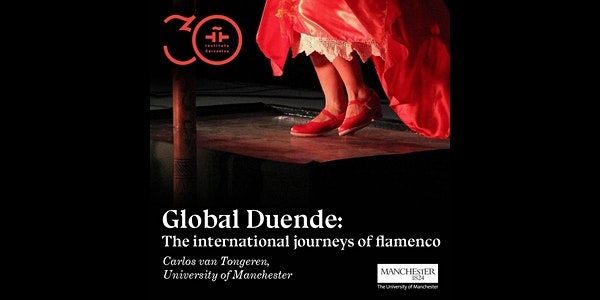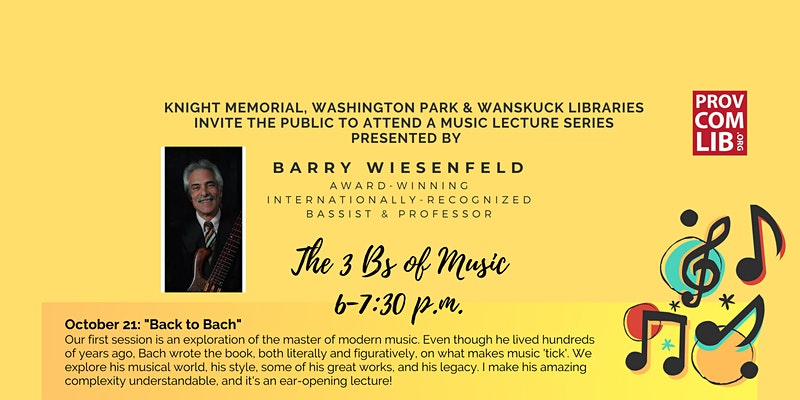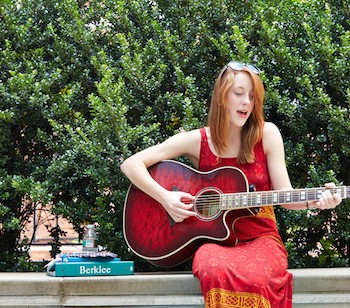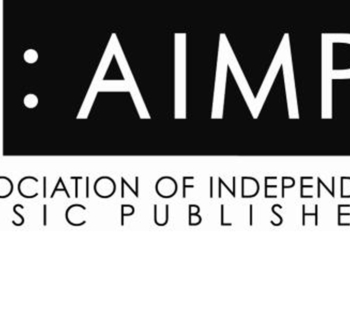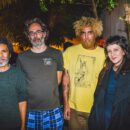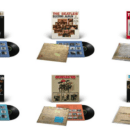A perfect opportunity to get to know Flamenco around the world in English.
Flamenco is a World Heritage Site and is known and valued on all around the World. Lecturer Carlos van Tongeren has organised a seminar in which he will explain the paths that Flamenco has taken as an art form from North Africa, which gives it its origins, through the cultural exchange with America, the exile of the artists under Franco's regime, and the rise of Flamenco in Asia.
"Europe: exiled flamenco artists under the Franco-dictatorship"
In this third talk we will discuss the developments of flamenco during the Franco-dictatorship (1939-1975), a period when important artists and intellectuals went into exile and when entire communities were forced to migrate to Northern Europe and other parts of the world. In this context, flamenco concerts in Paris, Brussels and Amsterdam became important fora where those exiled communities could share their memories, experiences and political opinions through music. As such, flamenco gained crucial new meanings in this period: to bear witness to the violence and repression of the Franco-regime.
Carlos van Tongeren is a lecturer in Spanish Cultural Studies at the University of Manchester. His research deals with issues of memory, performance and music in modern Spanish culture, in particular since the end of the Franco-dictatorship. His next book is tentatively called Flamenco after Franco: Performances of Memory in the Spanish Transition, in which he studies how the multidisciplinary language of flamenco has offered ways for artists to voice personal and collective memories of the Franco-dictatorship. His previous publications on flamenco have appeared in academic journals such as the Journal of Spanish Cultural Studies and Studies in Spanish & Latin American Cinemas.
This opportunity is brought to you by Instituto Cervantes Manchester and Leeds on Wednesday, October 6th at 10:00am PDT.
To register, visit: www.eventbrite.com

